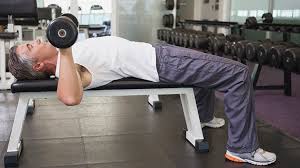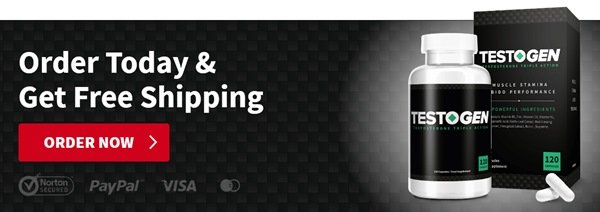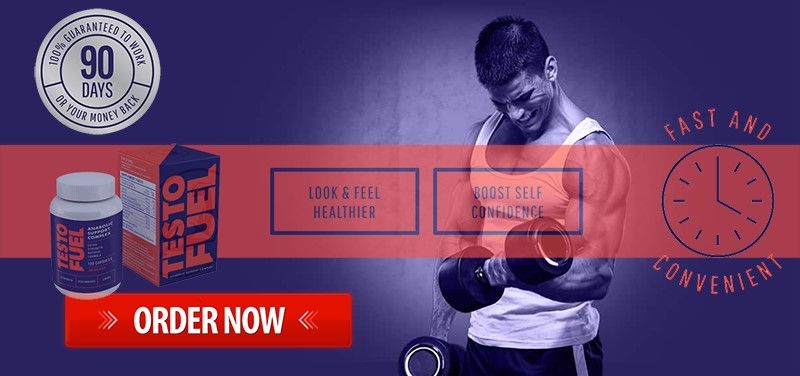Does Exercise Lower Testosterone Levels?
Low testosterone is the condition of having testosterone levels below normal. Age progression it the major cause of reduced testosterone. The condition may be caused by undescended testicles; this is a condition where the testicles remain in the abdomen. It can also be caused by Klinefelter’s syndrome. This is a condition where a man is born with 3 sex chromosomes. It can also occur as a result of injury to the testicles or too much iron in the blood. Radiation emanating from chemotherapy can also damage the testicles. Kalman syndrome and HIV affect the pituitary glands and the hypothalamus. They can also cause low testosterone levels. As you can see, there are many other causes of testosterone levels.
High Volume Exercise Effects on Testosterone Levels
Contents
Athletes work hard in the gym, doing crazy workouts, and strictly adhering to diets. All this is in a bid to gain lean muscle and rectify hormone imbalances. But will that exercise and diet help you build muscle? Many assume that exercise increases testosterone levels. But how do high volume exercises affect testosterone levels? To clear any doubt, let’s explore various aspects of high volume exercises.
Reduced Androgen Activity
Recent studies have unveiled an unexpected situation. It has been proven that high volume training can result in a very notable decrease in testosterone levels. This hormone plays a vital role in the body. It is the hormone responsible for the development of lean muscles. It also helps the body in maintaining overall good health condition. Research demonstrates that intense exercise reduces the baseline androgen hormones by 20%. The androgen hormones affected are testosterone, follicle-stimulating hormone (FSH), luteinizing hormone (LH), and DHEA. Their levels are reduced significantly. This is what then translates into low testosterone levels.
Increased Cortisol
Researchers have further demonstrated that intense exercise causes a sharp increase in the stress-causing hormone, cortisol. Though cortisol is important in the body’s metabolism process, high levels of the hormone cause stress and emotional imbalance. High levels of cortisol also cause muscle inflammation. It also reduces the body fat burning rate and weakens the body’s immune system. Multiple studies have proven that cortisol is anti-testosterone.
Professional athletes and other individuals involved in heavy workouts will suffer from the effects of high volume exercise. Many people tend to take performance-enhancing supplements to enable them to cope with the tough exercises. These supplements also affect the ability of the body to produce natural testosterone while unaided.
What Is Testosterone?
Testosterone is one of the major male sex hormones. This hormone helps in the building of the male physique and other male characteristics. This hormone is mainly secreted in the testies and a small portion is produced by the adrenal glands. This hormone aids in the development of male body features and enables male sex performance. Some of its roles include:
- Building up of lean body muscles.
- Voice break
- It enhances the growth of body and facial hair.
- Testosterone also plays a major role in the development of strong bones.
- Enhances body energy.
- It plays an important role in the production of red blood cells.
- Regulates sex drive.
Normal Testosterone Levels
Bearing in mind the major roles the testosterone plays in the body, it is essential to maintain the levels close to normal. The normal testosterone levels required by the body, for it for function in a proper manner are between 280 ng/dL and 1,200 ng/dL or 35 nmol/dL. However, the levels of testosterone in the body vary a lot with age.
The peak levels are experienced during the adolescent phase of male development. The levels start decreasing steadily below the required level after the age of 30. When the decrease kicks in, it requires that you look for ways to revert the levels back to normal. There are many natural ways available to help in treating low testosterone. The condition is commonly referred to as hypogonadism. One of the ways used is testosterone therapy.
Is Testosterone Therapy the Best Solution? Probably Not!
Testosterone therapy is one of the many ways used in reverting the condition of low testosterone levels. This method is also referred to as androgen-replacement therapy. This kind of therapy is administered either as:
- injections,
- as a cream,
- as gel,
- patches
- or pills.
This kind of treatment gives the body synthetic testosterone. The introduction of synthetic testosterone in the body stalls the natural production of testosterone. The therapy affects spermatogenesis significantly too. It has an effect on the production of sperm too. This will quickly reduce the fertility of the user. You may want to reconsider your decision to go on testosterone therapy if you have no children yet.
Want a better alternative to boost your testosterone levels? Then try Testogen. Buy it from the link below
Testosterone Therapy Does Not Cure Low Testosterone
Research has revealed that testosterone therapy is at times not able to eliminate all the symptoms of low testosterone levels. Multiple studies showed that large amounts of testosterone administered only increased the muscle mass and had no effect on the libido. It is important to realize that testosterone therapy does not cure users’ bodies’ inability to produce testosterone. It just introduces synthetic testosterone into the body.
Increase in Hemoglobin Count
Testosterone replacement therapy also causes a sharp increase in the level of hemoglobin in your blood. Hemoglobin is the compound that is responsible for blood clots. High levels of hemoglobin will cause your blood to clot more often. This can cause a serious condition known as pulmonary embolism. This condition is when it gets worse and the blood clots develop in the pulmonary artery and a heart attack becomes imminent. It can also cause a stroke.
Breast Enlargement
In some instances, testosterone replacement therapy can lead to breast enlargement. This is due to the conversion of the excess testosterone to estrogen.
From the above analysis, it’s evident that even though testosterone replacement therapy increases the testosterone levels in the body, it causes other detrimental health conditions which are hard to reverse.
What are the Alternatives of Testosterone Therapy
Hypogonadism can be treated by eating healthy and doing well regulated physical exercise. Research has it that most of the men suffering from low testosterone levels run 40 miles a week and take in equal calories as men who live sedentary lifestyles.
In this scenario, they were using around 1,000 calories in running alone. Increasing their calorie intake would be a good starting point for fighting hypogonadism. To ensure your diet is sufficient to enable you to carry on with your physical exercise, you need to know how much carbohydrates, proteins, fats you require and note them. Changing your diet to the right foods by taking in more important minerals and nutrients that the body uses as raw materials in the process of making testosterone. In addition to a well-balanced diet, regular exercise reduces body fat. Aromatase enzyme, mostly found in fats, helps reduce the conversion of testosterone to estrogen. This helps in maintaining normal testosterone levels in the body.
A product with way better reviews is This. You can get it by clicking below
Taking the Next Step: Talk to Your Doctor
It’s very important to seek medical advice when you experience the symptoms of low testosterone. The doctor examines your condition and determines the best way to treat it. Testosterone replacement therapy is at times the only option. A qualified Doctor will be able to mitigate its effects though. The low testosterone may be a result of a missing nutrient, and the doctor may prescribe a natural way of treating the condition. Doctors also examine the possible body reaction from the use of various treatment options. The doctor will also examine any other body condition one may have and find the best-suited method that won’t cause more complications.






